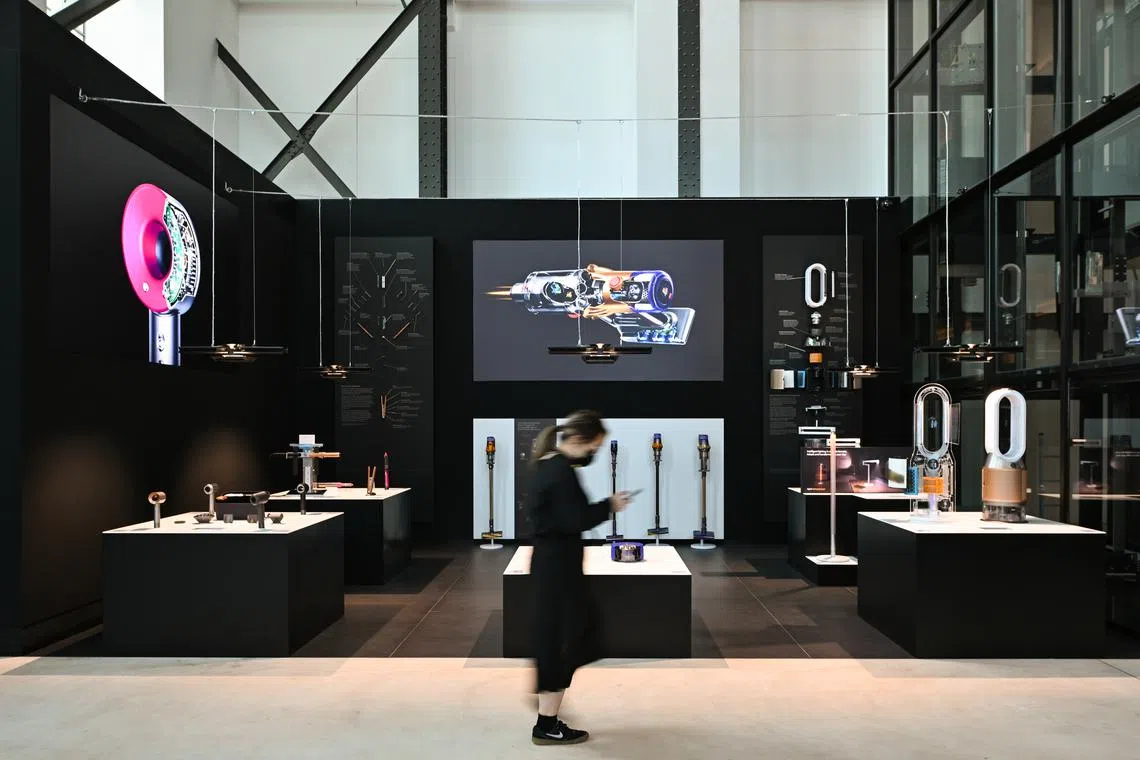Malaysian workers’ lawsuit against Dyson revived by British court
Sign up now: Get insights on the biggest stories in Malaysia

Dyson denied the claimants’ allegations and argued that any lawsuit should be brought in Malaysia rather than in Britain.
PHOTO: ST FILE
LONDON – Two dozen migrant workers who alleged they were subjected to forced labour at a Malaysian factory while making parts for British vacuum cleaner manufacturer Dyson can sue the company in London, the Court of Appeal ruled on Dec 13.
The 24 workers from Nepal and Bangladesh, one of whom has died and whose estate brought the case, sued Dyson Technology, Dyson and a Malaysian subsidiary in 2022.
The claimants were workers for Malaysian firm ATA Industrial or its sister company, and made components for Dyson products.
Their lawyers say the workers had money unlawfully deducted from their wages and were sometimes beaten for not meeting onerous targets, alleging in a lawsuit at London’s High Court that the Dyson companies were ultimately responsible.
Dyson, whose Malaysian subsidiary cancelled its contract with ATA in 2021, denied the claimants’ allegations and argued that any lawsuit should be brought in Malaysia rather than in Britain.
In 2023, the High Court threw the case out and ruled that the workers could sue in Malaysia.
But the Court of Appeal overturned that decision, saying in a written ruling that London was “clearly and distinctly the appropriate forum” for the cases to be heard.
“This was a procedural hearing to determine where the main case should ultimately be heard,” a Dyson spokesperson said.
“The High Court was right last year in its carefully considered ruling that it should be heard in Malaysia and we disagree with today’s appeal decision,” the spokesperson added, explaining that Dyson was reviewing its legal options.
The company – founded by Mr James Dyson, the inventor of the bagless cleaner – employs around 2,500 people in Britain, including at its research and development centre in Malmesbury, west England, having announced in July that it was cutting about 1,000 jobs.


